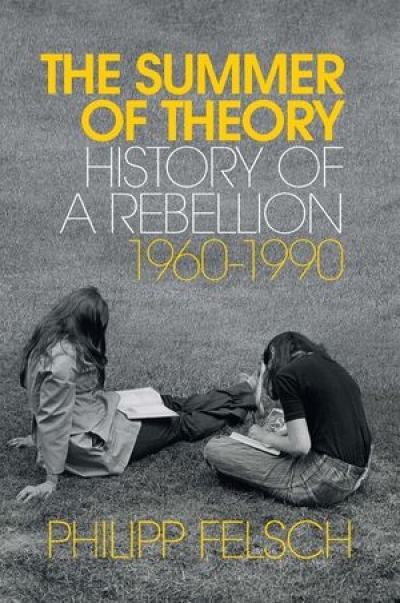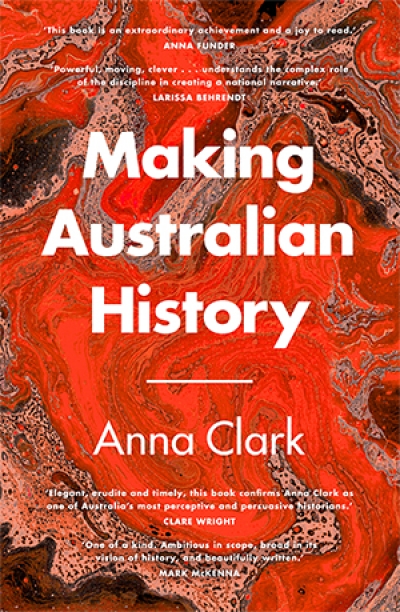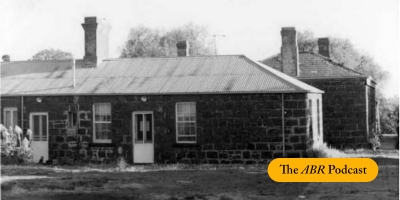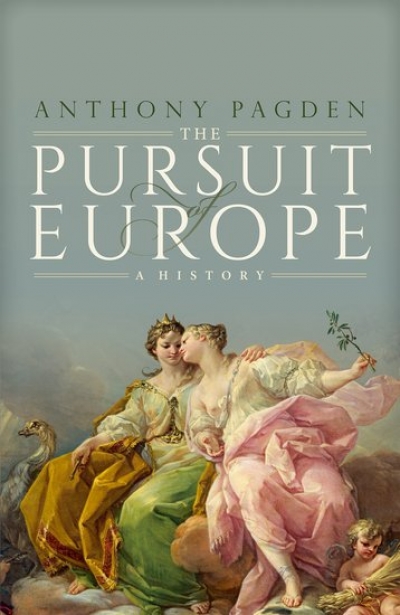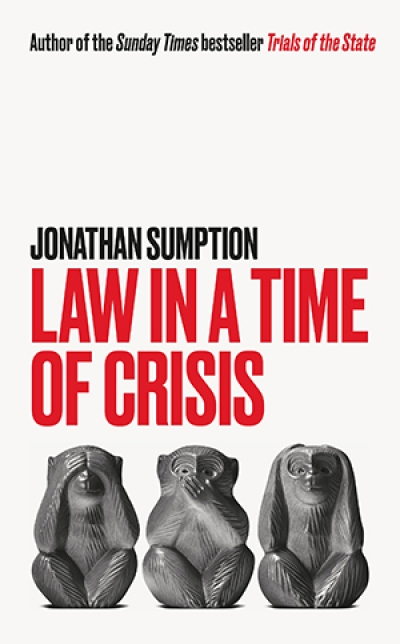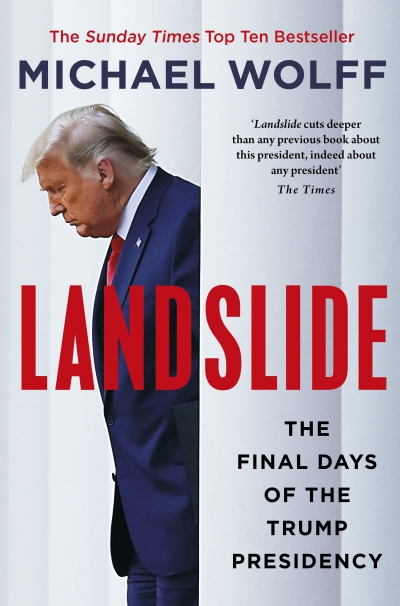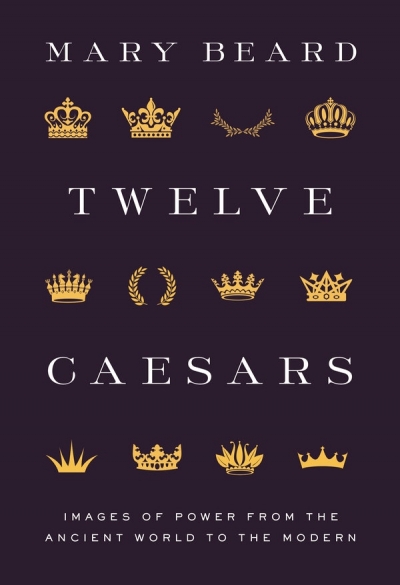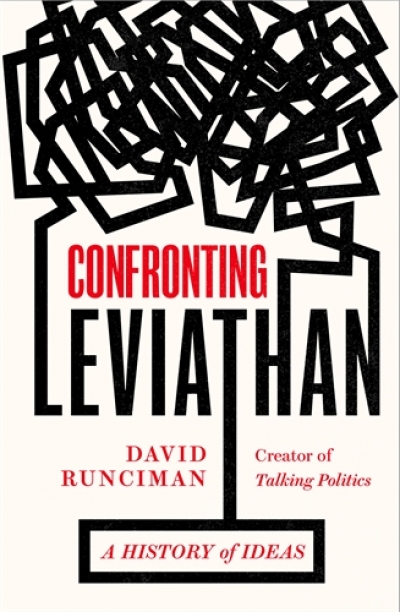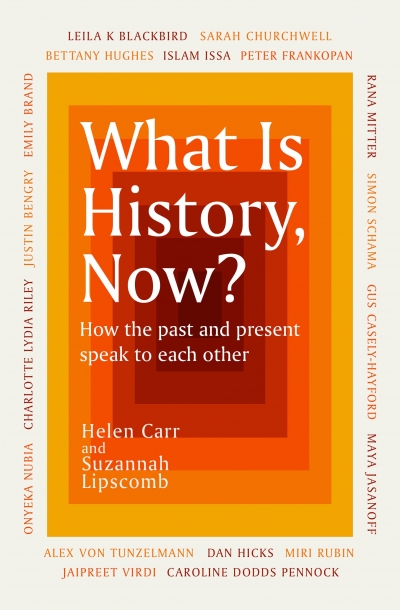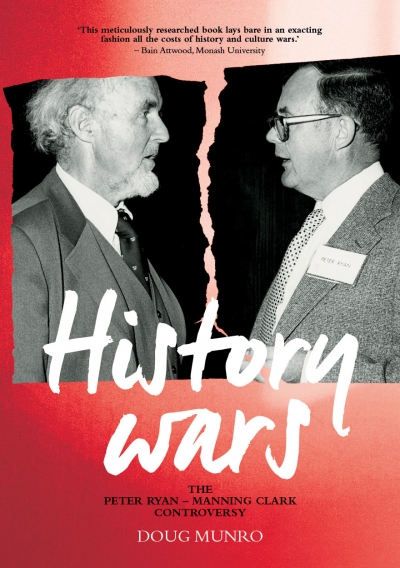History
The Summer of Theory: History of a rebellion, 1960–1990 by Philipp Felsch, translated by Tony Crawford
by Sheila Fitzpatrick •
Melbourne’s Moreland City Council recently agreed to adopt a new name, after petitioning by Wurundjeri Woi-wurrung community leaders and prominent local non-Indigenous representatives. The petitioners argued that the name ‘Moreland’, adopted in 1839 by Scottish settler Farquhar McCrae, derived from a Jamaican slave plantation. Renaming the council was an opportunity to bring about greater awareness of both the global legacies of enslavement and the history of Indigenous dispossession. In this week’s episode, Samuel Watts reflects on the politics of memorialisation and its impact on public conceptions of history.
... (read more)Landslide by Michael Wolff & Peril by Bob Woodward and Robert Costa
by Timothy J. Lynch •
Confronting Leviathan: A history of ideas by David Runciman
by David Kearns •
What Is History, Now?: How the past and present speak to each other edited by Helen Carr and Suzannah Lipscomb
by Billy Griffiths •

